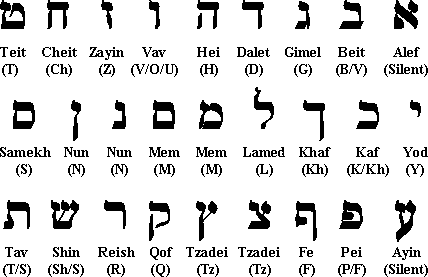This blog hopes to teach you to write better.
This blog is for my graduate students. I will post their writing errors and instructions for improvement. The authors will not be named, of course.
This blog is for me. I find myself writing personal notes to my students over and over again encouraging some specific improvement. Most of the notes deal with the same matters. Instead of teaching them writing skills in long personal notes, I'll point the student to this blog.
Am I a writing fascist who insists that my way is the only way? Mostly not. Language is dynamic and personal styles make writing exciting and surprising. I want to be excited and surprised. Mostly, though, I want to read through a piece without struggling to understand the meaning and intention of the author.
When my smooth reading is interrupted, I try to find out why. If the error is a common one (which it always is), I hope to discuss it here.
My reading is interrupted or *s*l*o*w*e*d* down by commonly recognized errors in grammar, diction (word choice), syntax (word order), spelling, and punctuation.
My reading is often slowed down by repetition and wordiness and general lack of proofreading.
Most of all, my reading is slowed down by long sentences, incomprehensible 40-60 word sentences that left me in the dust after the first 25 words.
Will people argue with me? Probably. Many things are debatable. I could be wrong. I will reveal all my sources. When it's a question of a
personal preference, I will disclose.
So who's right about writing? Whose opinion should you trust?
Yesterday, my awesome student, Chris Daellenbach, told me this: "I went to a private school and, consequently, I had the same English teacher for four years. I developed a style according to that teacher's instructions. As soon as I got to university, my professors told me they didn't like my style. They said I was writing wrong."
I hear that a lot. I've had students cry in my office because they were A+ writers in high school and I gave them some other letter of the alphabet.
Why are there so many errors in graduate and undergraduate student writing?
- The student was just away the day apostrophes (or whatever) were covered.
- High school teachers will teach writing, but generally mark for self-esteem (more on this another time). I mark for self-esteem too but I do it like this: "You will get the mark you deserve, if you find and fix 10 spelling errors."
- Teaching assistants and undergraduate professors might circle errors and put a mark on a paper. Students will look at their mark and file the paper away if it's a good mark or throw it away if it's a bad mark. Unless the course is specifically a writing course, the TA and professor might not teach writing. They will suggest you read Strunk and White.
- Unless it is a writing course, the TA or professor marking the essay will look for the main ideas and not the minutia of clear expression. They know that the more you perfect the style, the more you perfect the message, but they have too many students and too many papers to read. They might not know if it is good or bad writing. They might not know how to fix it. They will know if it is a Bish paper or a Cish paper and will tell you why if you ask.
- Txt Messaging? LOL - I don't know. Maybe. I have no evidence.
Anyway, if you were away that day -- the day everything you don't know was taught -- you'll find it discussed in this blog eventually.
BONUS marks and chocolate kisses if you let me know about any typos you find in this blog. I, too, want to write better, dammit.





